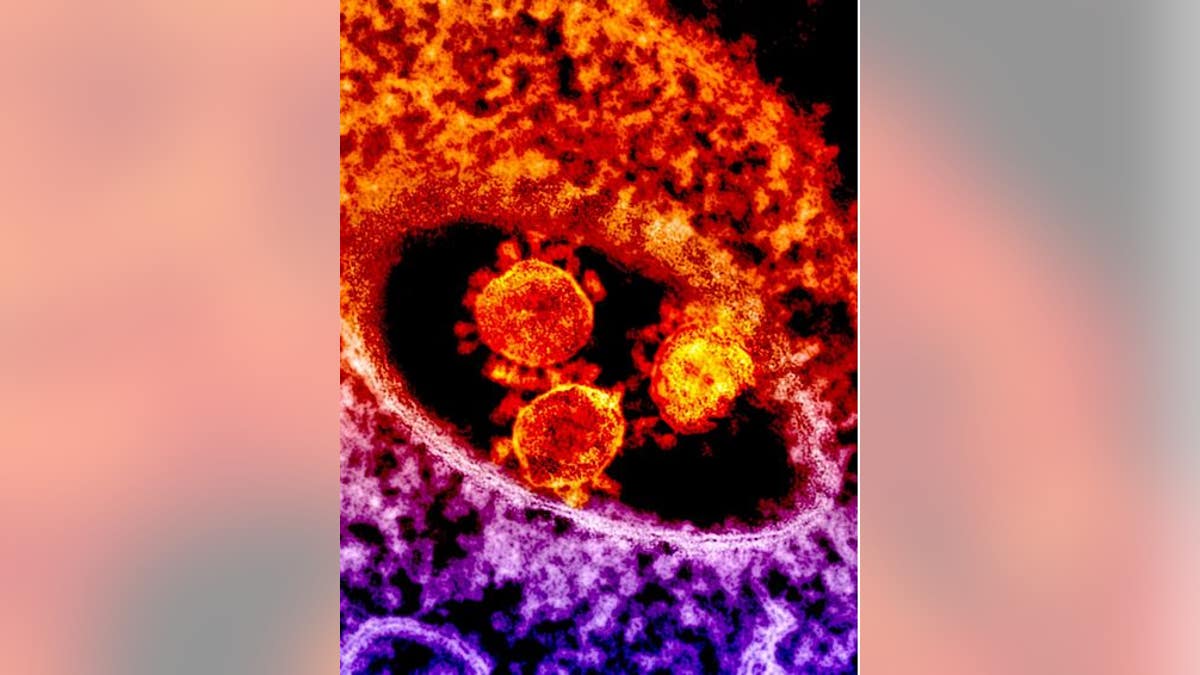Fox News Flash top headlines for April 17
Fox News Flash top headlines are here. Check out what's clicking on Foxnews.com.
Get all the latest news on coronavirus and more delivered daily to your inbox. Sign up here.
An investigational vaccine called ChAdOx1 MERS protected two groups of rhesus macaque monkeys from disease caused by Middle East respiratory syndrome coronavirus (MERS-CoV), new research has found.
MERS-CoV is a relative of the severe acute respiratory syndrome coronavirus 2 (SARS-CoV-2), which causes COVID-19. As of Friday afternoon, there were more than 2.2 million cases and 151,006 deaths from coronavirus worldwide. In the U.S., the virus has killed at least 34,614 people.
According to a press release from the National Institutes of Health (NIH), one group of animals was vaccinated 28 days prior to infection; the other group received two vaccinations -- a prime-boost strategy -- 56 and 28 days prior to infection. A third group of monkeys served as the control.

Colorized transmission electron micrograph showing particles of the Middle East Respiratory Syndrome Coronavirus that emerged in 2012. (NIAID)
CORONAVIRUS NEGATIVELY IMPACTS SLEEPING HABITS, STUDY REVEALS
None of the animals in the two treatment groups developed signs of MERS-CoV. The scientists posted their results, which have not been peer-reviewed, online.
The MERS vaccine is being studied in Phase 1 human clinical trials in the United Kingdom and Saudi Arabia, according to the NIH.
Scientists from NIH’s National Institute of Allergy and Infectious Diseases (NIAID) at Rocky Mountain Laboratories in Hamilton, Mont., led the project. Collaborators work at the University of Oxford in the United Kingdom; researchers at the University of Oxford Jenner Institute developed the ChAdOx1 vaccine technology.









































